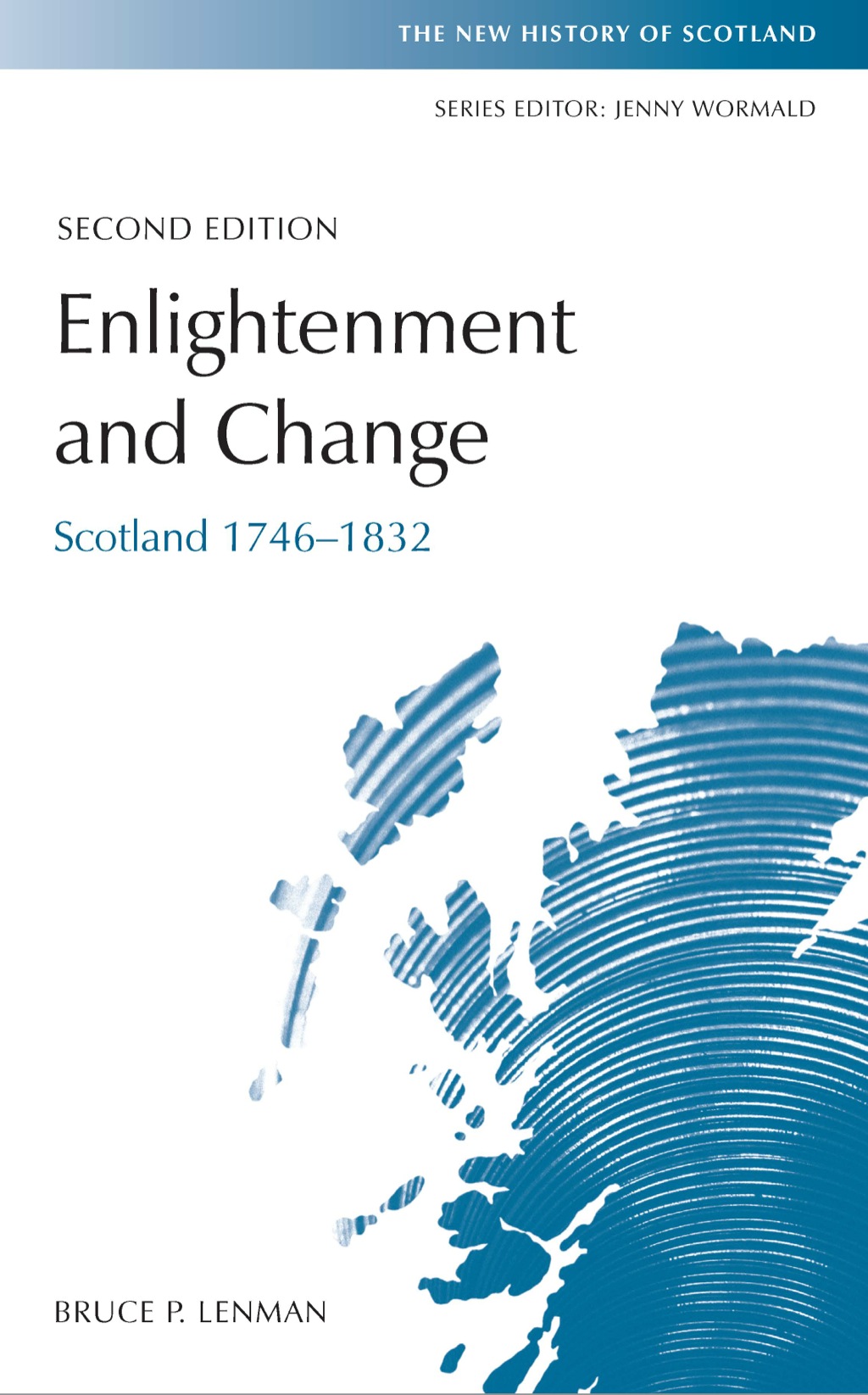Additional information
| Full Title | Enlightenment and Change: Scotland 1746-1832 |
|---|---|
| Author(s) | Bruce Lenman |
| Edition | |
| ISBN | 9780748630790, 9780748625154 |
| Publisher | Edinburgh University Press |
| Format | PDF and EPUB |
Original price was: $31.98.$9.59Current price is: $9.59.
Access Enlightenment and Change: Scotland 1746-1832 Now. Discount up to 90%
| Full Title | Enlightenment and Change: Scotland 1746-1832 |
|---|---|
| Author(s) | Bruce Lenman |
| Edition | |
| ISBN | 9780748630790, 9780748625154 |
| Publisher | Edinburgh University Press |
| Format | PDF and EPUB |
The period from the Jacobite rebellion (1745) to the Scottish Reform Act (1832) saw the rise of some of the most influential thinkers of the contemporary world. Bruce Lenman provides a compact survey of developments in Enlightenment Scotland. The Reform Act spelled the end of political and social systems that had presided over industrial and agricultural revolutions turning Scotland from a rural society to one of the most urbanised and industrialised of European nations. Scotland also moved from being simply an active participant in the cultural life of western Europe to being a leader in a new, more expansive, Atlantic and European world where the ideas of its great Enlightenment thinkers circulated from Moscow to Philadelphia.
The political framework for changes was the Union of 1707 which incorporated Scotland into the United Kingdom of Great Britain, and after 1800 Great Britain and Ireland. However, within the UK a distinctive political system run for most of this period by either the Dukes of Argyll or the so-called ‘Dundas Despotism’ dominated Scotland. This volume studies how that system first stimulated and exploited cultural and economic change and then was finally destroyed by it.
This book is a revised and expanded edition of Integration and Enlightenment (Edinburgh University Press, 1993).
Key Features:
* discusses agricultural and industrial revolutions
* considers Scottish urbanisation
* examines the impact of mass migration and the Highland Clearances on Gaelic society
* assesses the development of the Enlightenment thought through influential figures such as economist Adam Smith, philosopher David Hume, artist Henry Raeburn and architects the Adam brothers.
